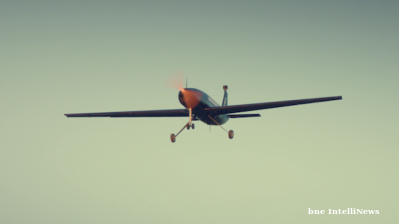North Korea has confirmed that it has conducted a test launch of cruise missiles, according to BBC live report. State media said the missiles were fired vertically and remained in flight for roughly 7,800 seconds. The timing coincides with Donald Trump’s arrival in South Korea for the APEC Summit and is widely interpreted as a signal of the country’s nuclear capability.
Although trade dominates the APEC agenda, much of the attention centres on Kim Jong Un’s absence. There has been ongoing speculation that Trump might attempt to meet him during this trip, which would be their first encounter since discussions collapsed in 2019. Trump has shown increasing enthusiasm when questioned by journalists in recent days, even hinting he might extend his stay in South Korea if Kim agreed to a meeting and suggesting that sanctions relief could be considered.
So far, there has been no response from Kim. Instead, the missile test to 'welcome' the US president to the peninsula took place a day before Trump’s arrival. State media framed the launch as a reminder of North Korea’s military strength to what it described as its enemies. The launch does not breach United Nations restrictions, since the rules prohibit ballistic missile testing, not cruise missile trials.
Although Kim did not appear at the launch, the timing and language signal that North Korea is reinforcing the idea that its nuclear capability is not up for negotiation.
BBC also reports that during his visit, Trump is scheduled to hold talks with South Korean President Lee Jae Myung. South Korea has committed to invest $350bn, into the United States in exchange for securing a tariff rate of 15% instead of 25%. However, the exact breakdown of how much of that investment will be direct cash is still unresolved, and there is concern in Seoul that an overly large commitment could bring financial strain at home.
Security preparations in the city of Gyeongju, where Trump and China’s President Xi Jinping will be staying, are extensive. Hotels hosting the delegations have reinforced executive suites with bulletproof glass and increased surveillance. Nearly 20,000 security personnel, armoured vehicles and anti drone systems have been deployed. The historic city, known for UNESCO listed temples and ancient tombs, is now facing the logistical and security demands of a major global event.
News
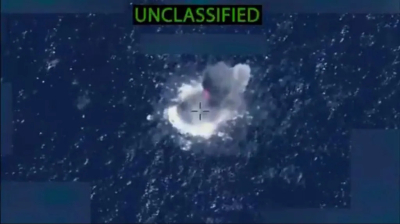
US strikes on drug vessels kill 14 in deadliest day of Trump's narcotics campaign
The US military killed 14 people in strikes on four vessels allegedly transporting narcotics in the eastern Pacific Ocean, marking the deadliest single day since President Donald Trump began his controversial campaign against drug trafficking.
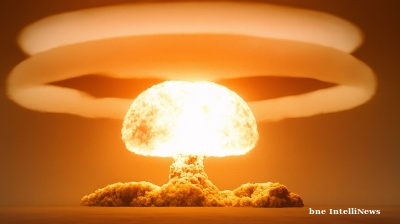
Russia withdraws from Cold War plutonium disposal pact with US
Russian President Vladimir Putin has formally withdrawn from a key arms control agreement with the United States governing the disposal of weapons-grade plutonium, as the few remaining nuclear security accords between the two powers vanish.
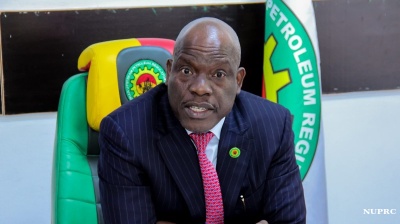
Nigeria’s NUPRC holds exploratory talks with Bank of America on upstream financing
Nigeria's upstream regulator, NUPRC, has held exploratory talks with Bank of America as the country looks to attract new capital and revive crude output, after falling short of its OPEC+ quota.
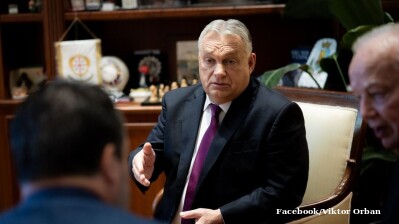
European diplomacy should have stopped war, Orban tells Italian broadcaster
The job of European diplomacy would have been stopping the war in Ukraine, but Brussels has become "irrelevant" by deciding not to negotiate, Prime Minister Viktor Orban told an Italian TV channel on October 28.
